Electric towel warmers... are they electricity hogs?
Stacey Collins
14 years ago
Featured Answer
Sort by:Oldest
Comments (14)
gbsim1
14 years agoRelated Professionals
Palm Harbor Kitchen & Bathroom Designers · Luling Kitchen & Bathroom Remodelers · Lynn Haven Kitchen & Bathroom Remodelers · Westminster Kitchen & Bathroom Remodelers · Fremont Glass & Shower Door Dealers · Paradise Valley Glass & Shower Door Dealers · Pflugerville Glass & Shower Door Dealers · Indian Trail Glass & Shower Door Dealers · Issaquah Glass & Shower Door Dealers · Daly City Cabinets & Cabinetry · Oakland Park Cabinets & Cabinetry · Roanoke Cabinets & Cabinetry · West Freehold Cabinets & Cabinetry · Bellwood Cabinets & Cabinetry · Brenham Window Treatmentsweedyacres
14 years agochris8796
14 years agobill_vincent
14 years agoStacey Collins
14 years agosweeby
14 years agolilleth
14 years agobill_vincent
14 years agobill_g_web
14 years agokudzu9
14 years agoMongoCT
14 years agoneesie
14 years agobill_vincent
14 years ago
Related Stories
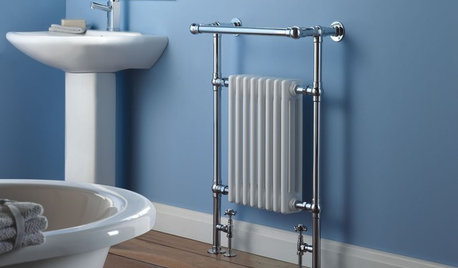
BATHROOM DESIGNLovely Little Luxuries: Pamper Yourself With Towel Warmers
Heat your robes, dry delicates and wet mittens — with these warmers around, toasty treats go beyond just towels
Full Story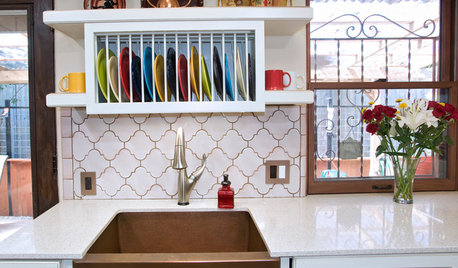
KITCHEN DESIGNDish-Drying Racks That Don’t Hog Counter Space
Cleverly concealed in cabinets or mounted in or above the sink, these racks cut kitchen cleanup time without creating clutter
Full Story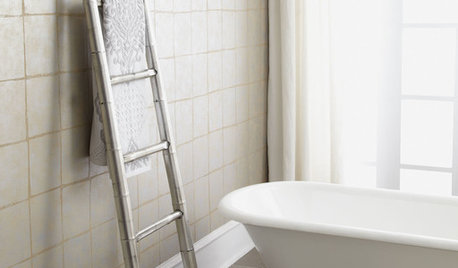
PRODUCT PICKSGuest Picks: 20 Towel Racks to Better Your Bath
Sleek to quirky to rustic, these towel racks are anything but ho-hum
Full Story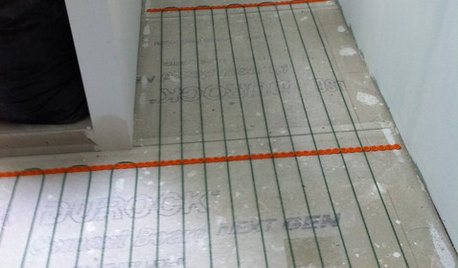
BATHROOM DESIGNWarm Up Your Bathroom With Heated Floors
If your bathroom floor is leaving you cold, try warming up to an electric heating system
Full Story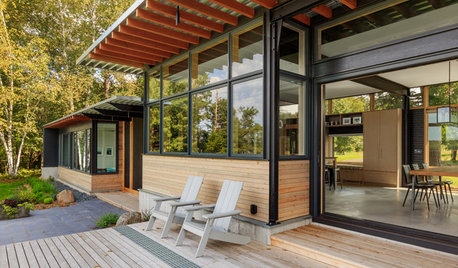
LIFE6 Ways to Cool Off Without Air Conditioning
These methods can reduce temperatures in the home and save on energy bills
Full Story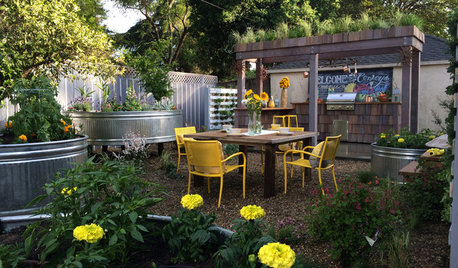
FARM YOUR YARDRemake Your Backyard Into a Mini Farm
You can get a taste of country life by line-drying your laundry, growing some produce or going whole hog with the critters
Full Story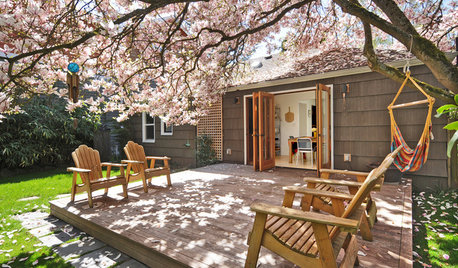
HOUSEKEEPINGTo-Dos: Your April Home Checklist
Take advantage of spring’s warmer weather to spruce up your outdoor spaces and refresh your entryway and common living areas
Full Story
BATHROOM DESIGN2012 Appliance Trends: Bathrooms
Bathroom renovations to include more towel-warming drawers, TVs, tablets, pre-set showers and more
Full Story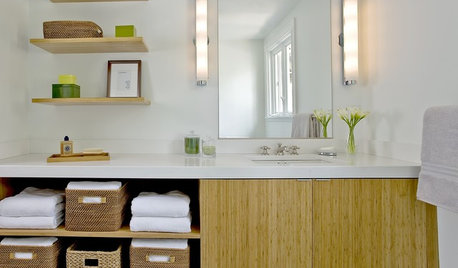
BATHROOM DESIGNYour Guest Bath: Make Your Friends Feel Pampered
Clean Off the Counter, Supply Fluffy Towels, Nice Lighting and More
Full Story
HOUZZ TOURSHouzz Tour: From Old Stable to Minimalist Guesthouse in England
Its interior bays once held racehorses, but now this all-white and wood home holds fascination as a modern part-time home
Full Story









alabamanicole